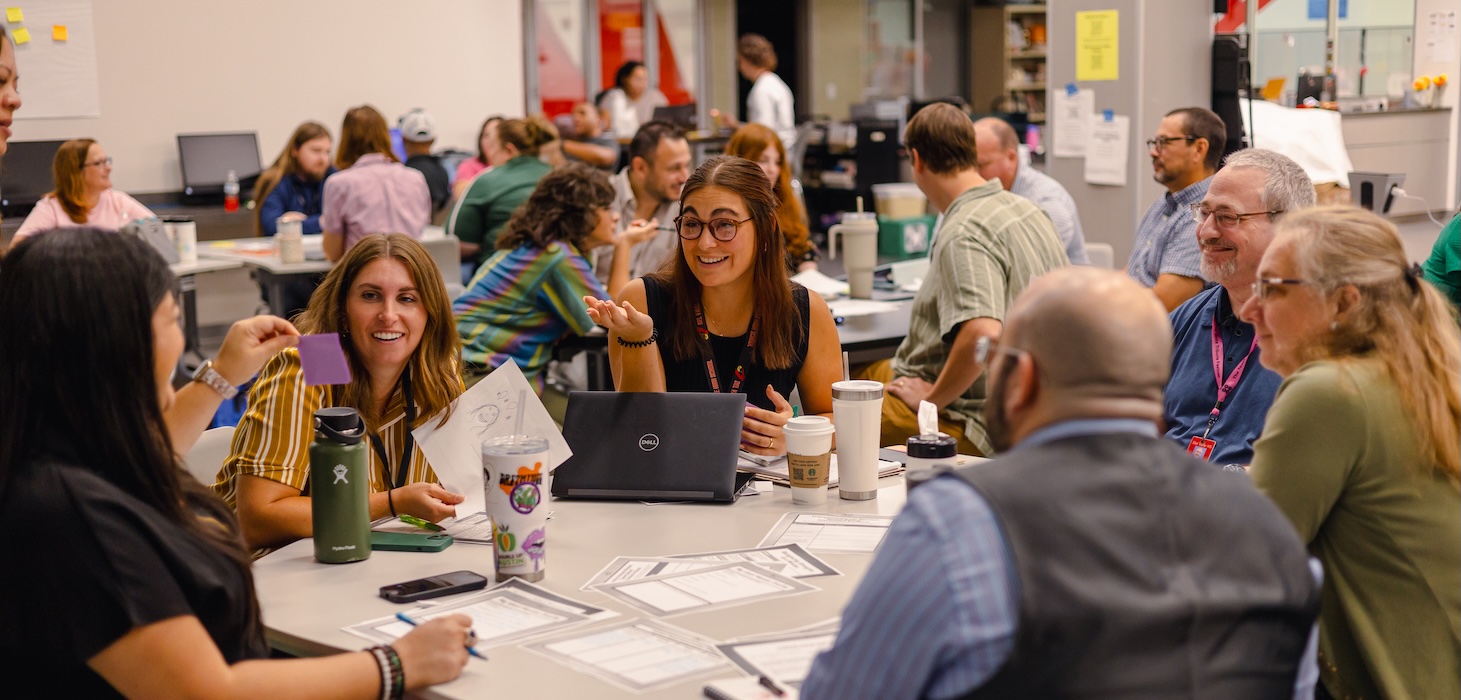Teacher retention is lowest among teachers in their first 5 years, with almost 50% leaving the profession within this period (Carver-Thomas & Darling-Hammond, 2017, 2019; Redding & Nguyen, 2020).
Key factors influence if teachers stay beyond the first 5 years: induction systems, mentorship, support from leaders, and school culture (Courtney et al., 2023; Crassous et al., 2023; DeMatthews et al., 2022; Ingersoll & Strong, 2011).
Teachers thrive in supportive workplace cultures where they feel valued, are included in decision-making, and encouraged to grow in their practice (Bellibaş et al., 2024; Hollingworth et al., 2018; Nguyen et al., 2023).



